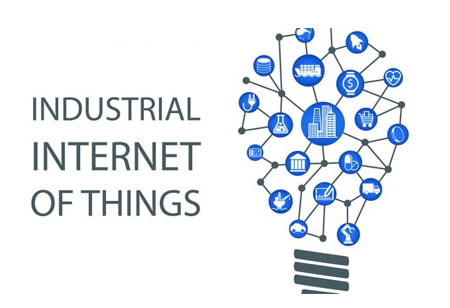THANK YOU FOR SUBSCRIBING
Securing Smart Cities with Blockchain in Four Ways
Industry professionals are utilizing the blockchain to elevate the security and the functionality of smart cities.

By
Apac CIOOutlook | Thursday, July 18, 2019
Stay ahead of the industry with exclusive feature stories on the top companies, expert insights and the latest news delivered straight to your inbox. Subscribe today.
Industry professionals are utilizing the blockchain to elevate the security and the functionality of smart cities.
FREMONT, CA: As the urban population steps inside the era of technologically augmented buildings, the web of interconnected devices expands further and further. Industry experts believe that the collection of the Internet of Things (IoT) devices is projected to grow over 9.7 billion units by 2020. However, the introduction of connectivity has its own set of applications and challenges. While unique functions tend to surprise the future millennial, and the risk of complexities continues to ruffle the minds of the developers, an exercise to solve the problem is highly required.
With sophisticated gadgets installed inside smart cities, the framework to safeguard the private interest of people through blockchain technology should also be the prime motto of industrial enterprises. Standards and applications of blockchain technology play an essential role to eliminate the security loopholes caused due to the increasing access points. The more devices we connect, the more gateways we make for a potential breach. Blockchain technology integrated into the IoT devices can cause legitimate security propositions for future generations. As data become the key asset of industries, any unpredictable collections of information from leaks and hacks may end up costing billions for enterprises.
Blockchain technology will affect smart cities in the following ways:
Smart Payments
Paying essential and non-essential services through smart payments will be an everyday activity in smart cities. However, introducing the segmented ledger security approach with blockchain enables citizens to facilitate municipal payments efficiently without compromising the security protocols.
Identity
Decentralized identity management applications of blockchain technology will provide users with an encrypted data storing platform. Furthermore, with the extension of the firewall, the blockchain services will reduce identity thefts and related frauds.
Transport Management
Integration of blockchain technology in transport management will power the ridesharing services with a p2p transactional platform for transportation. The synergy of innovative measures with added scrutiny makes the blockchain technology highly efficient and effective.
Government Services
Smart contracts can be used in formulating digital documents like user identification, citizenships, and authoritative plans. By eliminating the middleman blockchain technology supports automation of bureaucratic processes and transparent voting services. With the recent advancements in blockchain, it is of no surprise that the developers and industry professionals are undertaking this ledger technology to provide all the necessary solutions.





